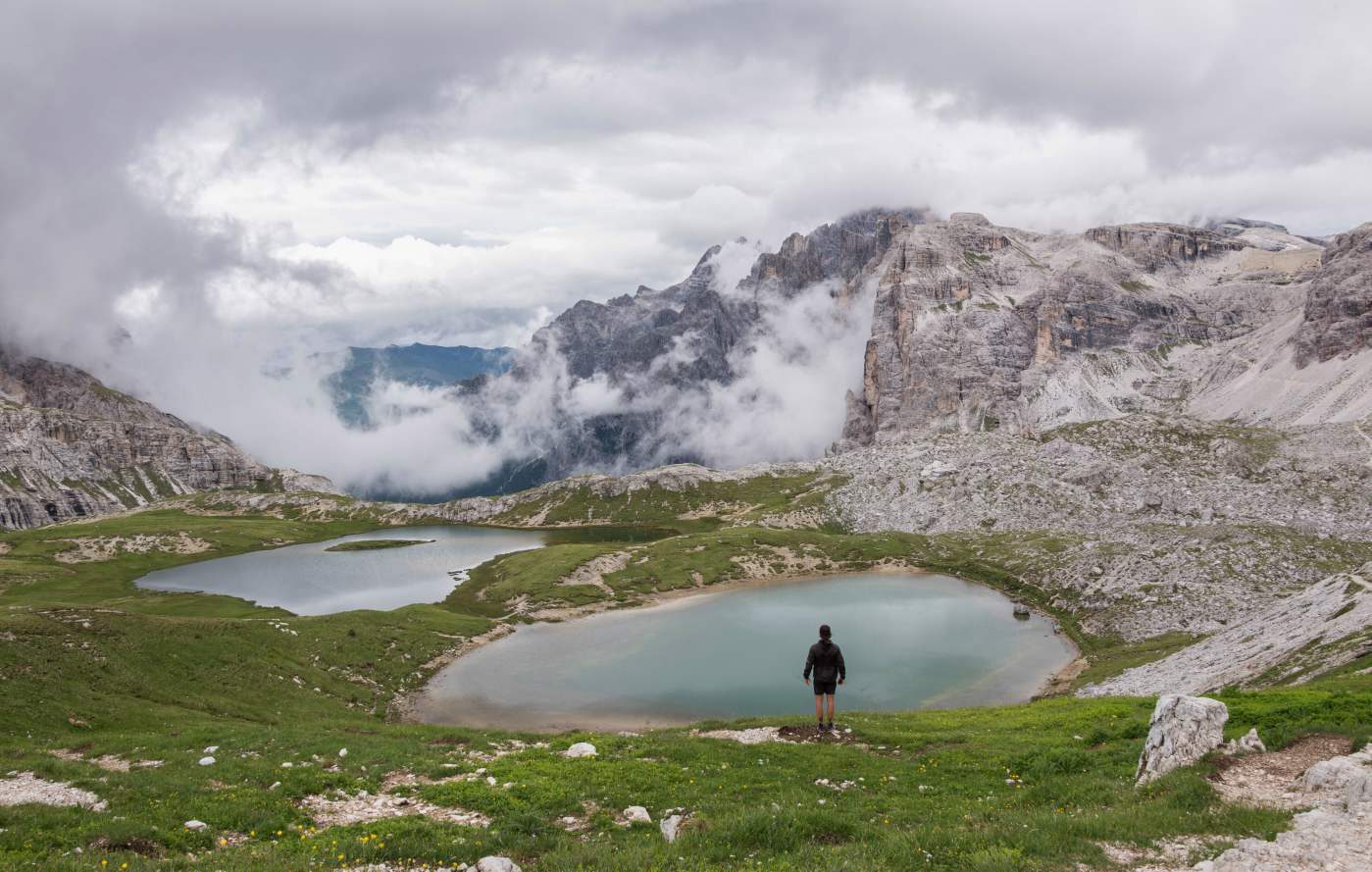In a scene from the screwball comedy, Meatballs, a summer camp counselor played by Bill Murray gives a rousing speech about the futility not just of an upcoming competition with a neighboring rich kids’ camp, but of life itself (no matter how hard one tries, shrieks Murray, no matter how much God might be on our side, at the end of the day the rich boys will still end up with the really good-looking girls).
I imagine the scriptwriter knew a thing or two about the inherent unfairness and pointlessness of life.
As a child living in New Delhi, I was appalled to discover that the disfigured children who begged at our door were purposely made that way by adults, the terrible calculus being that a child with a mangled limb or gouged-out eye made for a more sympathetic figure.
Where, my 9-year-old brain agonized, was the fairness in that? What kind of God would allow for such a life to be lived? What was the point of such suffering – suffering, mind you, that wasn’t exactly going to lessen as these wrecked little bodies grew into adulthood (assuming they grew at all)?
Albert Camus used the story of Sisyphus, a man condemned by the Greek gods to forever carry a boulder to the top of a mountain only to watch hopelessly as its rolls back down, as the basis for one of existentialism’s most famous statements: “There is only one really serious philosophical question, and that is suicide.”
Translation: if, as self-aware beings, we recognize that life is meaningless, unfair, and destined to end via disease or accident or simple decay, then we must choose between purposely checking out early, or sticking around come what may.
Camus ultimately dismissed suicide as a solution because, in his estimation, it was taking the easy way out.
But what of that much larger mass of humanity, the remaining billions of souls either pretending not to notice life’s pointlessness or concocting meaning through bullshit (i.e. unexamined) belief systems? These individuals, said Camus, were ‘philosophical suicides,’ willfully avoiding or ignoring the truth beckoning to them.

Which might be why there has always been a part of me that has understood the suicide. Surrounded by billions of blindingly ignorant souls exhibiting little to no interest in seeking truth during their brief earthly sojourn, the suicide feels cut off, hopelessly alone in an already hopeless existence.
So while I don’t endorse suicide, I get it.
What I don’t get is that larger cast of characters, the great pretenders, the ones who cover ears and eyes and mouths (well, sadly, not so much their mouths) and play along even though life is whispering, rather urgently these days, that they and pretty much everyone they know is going about things all wrong.
The great pretenders get themselves in a lather over, say, revealing the ‘truth’ about a Barack Obama or Donald Trump. This is infinitely easier than making the effort to truly understand what a Barack Obama or Donald Trump actually is. The same can be said of every other source of external agitation and unrest. Who or what is experiencing that unrest?
Which is precisely why such investigations are avoided. If diligently and exhaustively pursued, they necessarily lead back to the one doing the investigating.
In a recent piece on the futility of the current environmental movement, George Monbiot points out that the linear little steps we take to save the world are doomed to failure. The planet is dying, he writes, because humanity is pursuing a “four-planet lifestyle on the one planet known to harbor life.”
What is needed isn’t incremental changes – e.g. eliminating plastic straws from Starbucks, or switching to solar panels – but instead a wholesale change in the way we humans exist. Everything needs to be reexamined – our homes, our jobs, our commerce, everything. We need to simplify our lives, dramatically, if the planet is to survive.
I would argue that the same approach needs to be taken in finding meaning in a meaningless life.
Meaning, by definition, is arbitrary and capricious and entirely subjective. What means something to you may not mean the same to me. Which helps to explain why humanity has to keep inventing new religions and belief systems and then further subdivide those into sects and offshoots. It’s also why, when we find meaning – in a diet, exercise regimen, political system, religion, etc. – it rarely lasts. Meaning, from the mind’s perspective, is fickle at best.
What we’re looking for, say the mystics and masters, is understanding – is a peace that surpasses understanding. And that can only be found by investigating that which is doing the investigating, that which pines for understanding in the first place.
And to do that we must die to this world – let it all go. Perform a kind of spiritual suicide. Then see what’s left.



